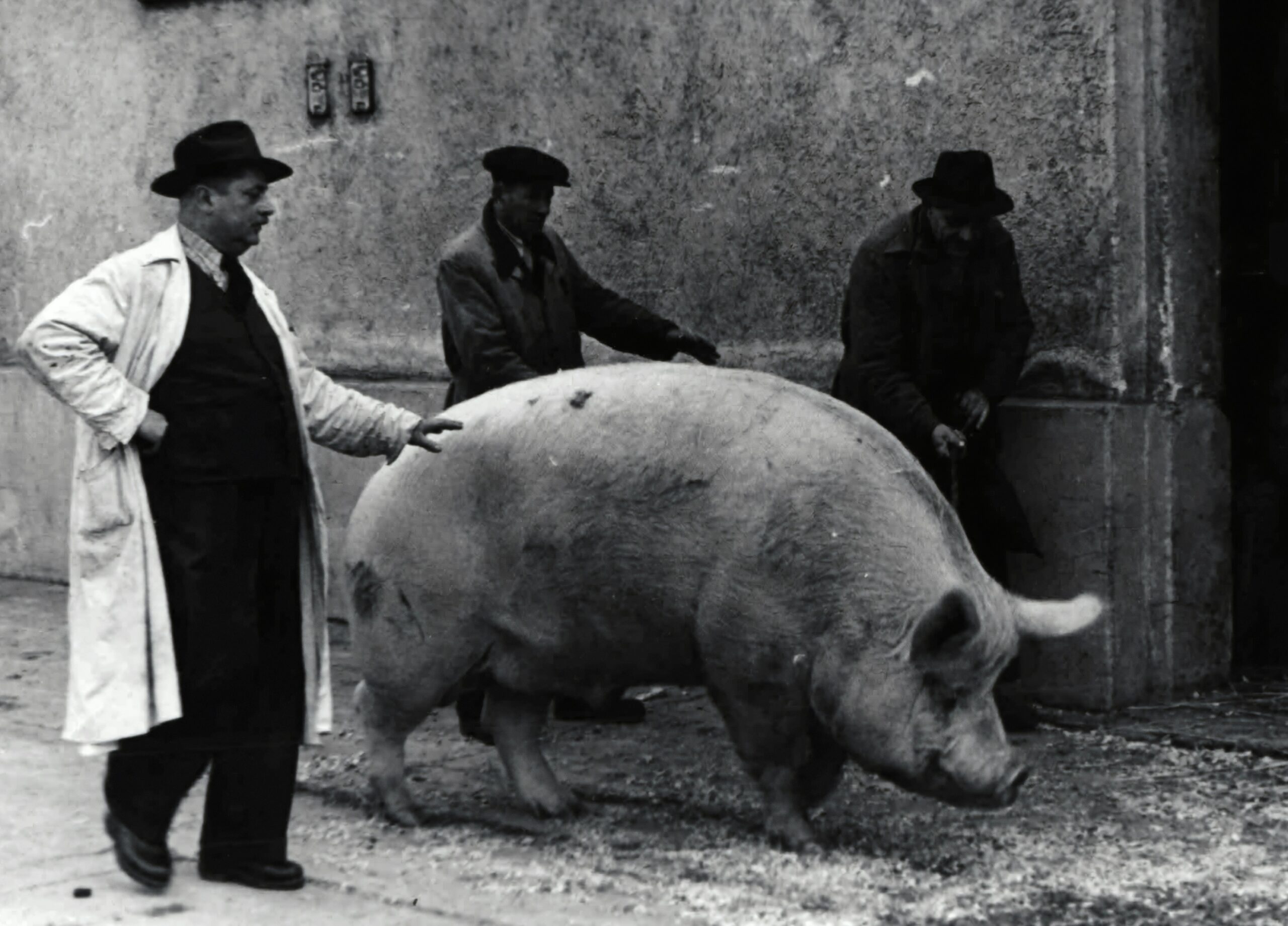Once when I was a teenager, my grandmother sent me to the store with a hand-written grocery list. I drove her 1974 Ford LTD to the Piggly Wiggly in Alberta City for a quick errand. Or so I thought….
When I got to “The Pig,” I found the first few items on the list with no trouble. The last two, however, not so much. After several minutes of walking the isles aimlessly, a store manager asked if he could help. “I think you can,” I said.
“I’m looking for sweet milk and oleo. I’ve checked the milk aisle with no luck. There is nothing there called sweet milk. And, I have no idea where to look for oleo.” That’s when the man informed me those were terms older people use for common items. “She means whole milk and margarine.” He said.
I learned something that day. Words don’t always stay the same. Just because I say something, it doesn’t mean my meaning will translate if the terms have changed. The Apostle Paul had the message of salvation. He asked the church to, “Pray that I will proclaim this message as clearly as I should.” (Letter to the Colossians)
Some messages are too important to risk misinterpretation. A guy in high school once told me I needed to be saved. He was correct. I just didn’t know what that meant. A good message is worthless if the meaning isn’t conveyed successfully.
There is no greater message than the Gospel. But what does that word even mean? “Gospel” comes from the old Anglo-Saxon word, “god-spell.” It means “good story” or “good news.” The “good news” is that even though I am a hopeless sinner deserving God’s judgment, Jesus took my place. He promises forgiveness and eternal life to all who put their faith in Him. That’s about as clear as I can make it.


Leave a Reply